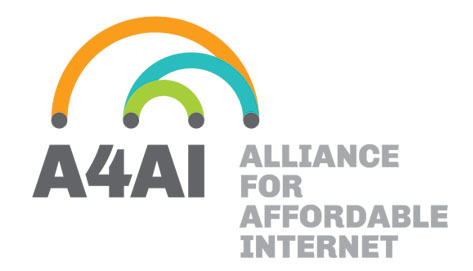A new ICT tax being considered by the National Assembly would prevent over 50 million Nigerians from being able to afford a basic broadband connection. Analysis by the Alliance for Affordable Internet (A4AI)-Nigeria Coalition shows that the proposed 9% tax to be levied on consumers of communications services would result in an additional 10% of the population — equivalent to nearly 20 million Nigerians — being unable to afford a basic broadband plan.
The analysis suggests that the passage of such a tax is likely to threaten Nigeria’s ability to achieve its goal of 30% broadband penetration by 2018 and to undermine the socio-economic progress spurred by increased connectivity. The Communication Service Tax (CST) Bill 2015, currently in front of the National Assembly, would require consumers of voice, data, SMS, MMS and pay TV services to pay a 9% tax on the fees paid for the use of these services.
This tax would be collected on top of the 5% Value Added Tax (VAT) that consumers already pay when they purchase devices and communication services, the 12% custom import duties paid on ICT devices, and the 20% tax levied on SIM cards. Mobile operators and service providers will be responsible for collecting consumer payments and must fulfil additional reporting obligations that are likely to increase operational costs and therefore service fees for consumers. Increasing access to and use of the Internet and communication technologies is central to Nigeria’s development agenda.
Though Nigeria can currently claim to have some of Africa’s most affordable Internet prices (500MB priced at 5.4% of average income in 2014), broadband penetration stands at just 12%. The reality is that 40% of Nigerians earn less than half of the average income; this means that a basic mobile broadband plan actually costs the majority of Nigerians anywhere between 7-18% of their monthly income.
The addition of this tax would increase the cost to connect across the board, with women and low-income populations likely to be the hardest hit.
Commenting on the proposed law, Dr Ernest Ndukwe, National Coordinator for the A4AI-Nigeria Coalition, said:
“Balanced fiscal policy must consider affordability of broadband and ICT, and should not put into place additional barriers that would make Internet access unaffordable for hundreds of millions of Nigerians. Nigeria is far behind the more developed countries of the world when it comes to broadband use, and the introduction of the CST will only widen this gap.The National Assembly must reconsider the passage of the CST and its impact on the development of broadband in Nigeria. After such a review, if the introduction of a CST is deemed an absolute necessity, it must consider a lower tax rate than 9%, one that would enable it to achieve fiscal revenue targets without undermining broadband affordability and access.”
